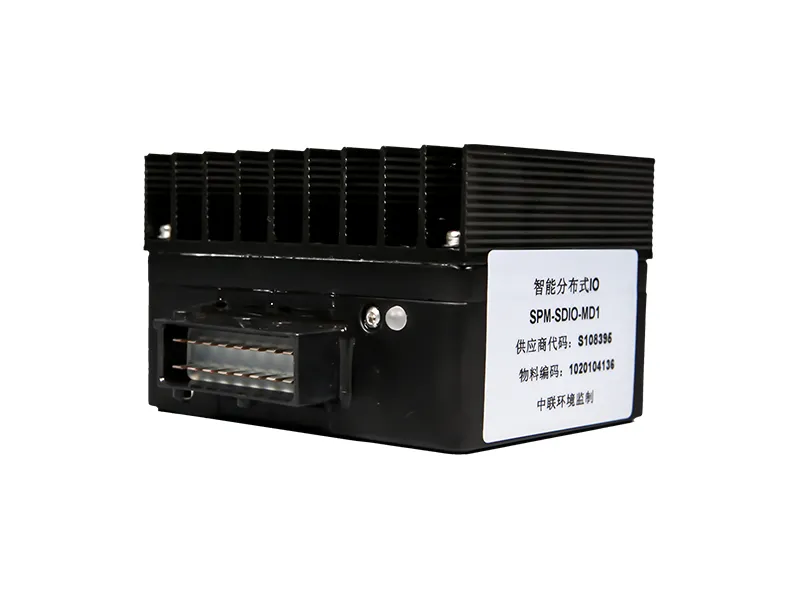Benefits and Applications of Using I/O Modules
In the realm of industrial automation and control systems, Input/Output Modules, commonly known as I/O modules, play a pivotal role in facilitating communication between various devices and a central control unit. This article aims to provide a comprehensive understanding of what I/O modules are, how they function, and their significance in the world of automation.
What is an I/O Module?
An Input/Output (I/O) Module is a crucial component in automation systems that acts as an interface between the field devices (sensors, actuators) and the central processing unit (CPU) or controller. It manages the exchange of data between these devices, enabling the control system to monitor and manipulate the physical world.
How Does an I/O Module Work?
The primary function of an I/O module is to convert signals from field devices into a format that the central controller can understand, and vice versa. This involves two main processes:
Input Processing: When a field device generates a signal, such as a sensor detecting temperature changes, the I/O module converts this analog or digital input into a format that the controller can interpret.
Output Processing: Conversely, when the controller issues a command, the I/O module translates this command into a signal that the corresponding output device, like an actuator or a valve, can understand and act upon.
Benefits of Using I/O Modules
Flexibility: I/O modules offer flexibility in connecting a diverse range of devices, allowing for customization based on specific automation requirements.
Scalability: Systems can easily scale by adding or removing I/O modules to accommodate changes in the automation process.
Reliability: With dedicated input and output processing, I/O modules enhance the reliability and speed of data transfer between field devices and the controller.
Centralized Control: I/O modules contribute to centralized control, enabling efficient monitoring and management of diverse devices from a single controller.
Applications of I/O Modules
Industrial Automation: I/O modules are extensively used in manufacturing and industrial processes to connect sensors and actuators to programmable logic controllers (PLCs) or distributed control systems (DCS).
Building Automation: In building management systems, I/O modules help in integrating and controlling various components such as lighting, HVAC systems, and security devices.
Process Control: Industries relying on precise control of processes, such as chemical plants, use I/O modules to ensure accurate monitoring and adjustment of variables.
Machine Automation: I/O modules are integral in automating machines, providing the necessary interfaces for sensors and control elements to communicate with the machine's central controller.
In conclusion, Input/Output Modules serve as the backbone of automation, enabling seamless communication between field devices and central controllers. Their versatility, reliability, and role in diverse applications make them indispensable in modern industrial and control systems.
87
0
0


Comments
All Comments (0)